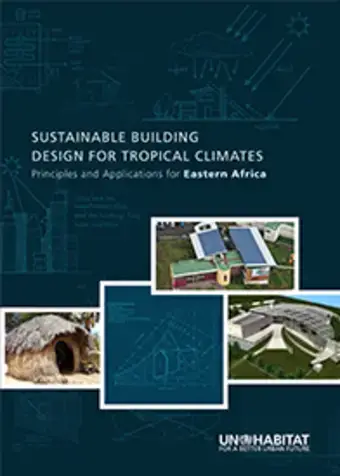Illac Diaz from the MyShelter Foundation aims to in this lecture showcase ways to reuse plastic bottles as quick solutions to solve lighting issues in crisis situations. The ‘Liter of Light’ project teaches communities the technology to create lamps both for daytime and nighttime use made of locally available resources.
[su_youtube_advanced url="https://www.youtube.com/watch?v=VNbwNBe6CYM" controls="alt" autohide="yes" rel="no" modestbranding="yes" theme="light"]
MP3
